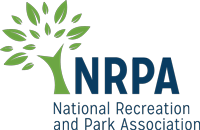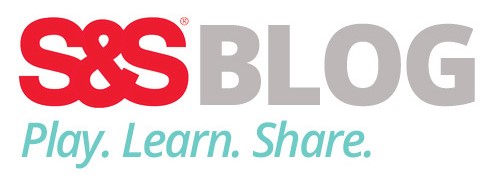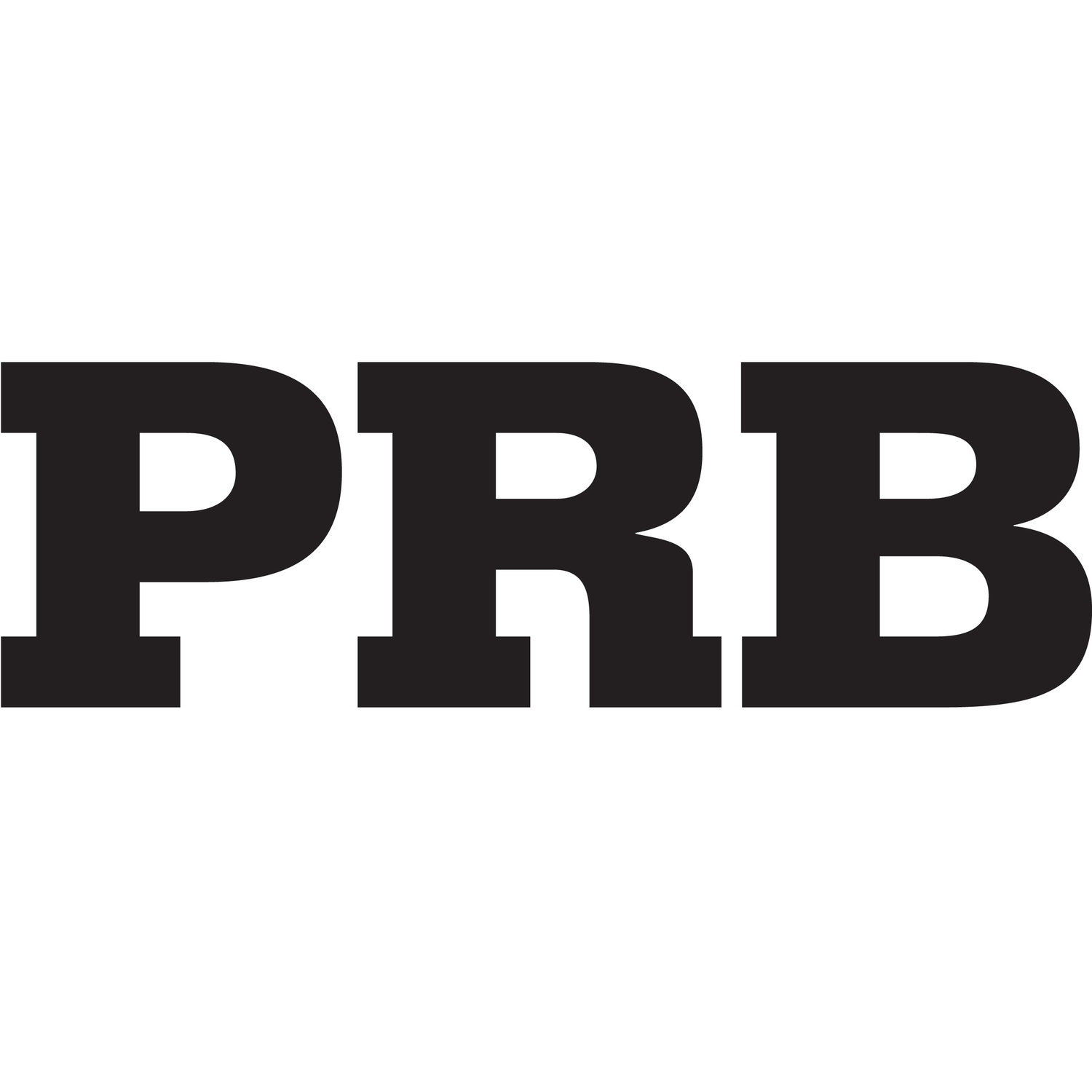Budgeting is essential to financial management of your camp and overall organization. Your budget is all of the following:
Operations Guide: Your budget will dictate how you operate your camp based on the anticipated revenues and expenses. It will explain how your organization is organized and operates.
Financial Plan: Sound budgeting will keep your finances in order and be able to identify any areas where you could fine tune spending or save money. It should show sources of revenues and allocated expenses.
Communications Device: Your budget provides an understanding to everyone else in your camp or overall organization what your forecasted revenues are and how you plan to allocate funds for expenses. It helps stakeholders understand why only certain funds go to certain expenses.
The purpose of a budget is to allocate your resources to achieve your financial goals and objectives. If your camp or organization is large enough to be separated into departments, each department will have their own budget with the total being your organizations annual operating budget. Your budget should be broken down into line items that reflect every aspect of your operation such as:
- Staffing (FT and Seasonal)
- Rent/Lease/Ownership Expenses
- Operating Supplies
- Arts and Craft Supplies
- Food Service
- Repair and Maintenance
- Cleaning
- Transportation
- Field Trips/Camp Events
- Marketing/Promotion
- Background Screening
- Facility Improvements
- Training and HR
- Insurance
A common rule for budgeting and also considered the “Golden Rule” of budgeting is more widely known 50-30-20 budget that recommends spending 50% of your income on needs, 30% on wants and 20% on savings and debt. When creating your budget, here are 15 things to consider:
- Determine your financial priorities
- Set realistic goals
- Identify your income and expenses
- Know your minimum expenses
- Know your break even points which is the minimum amount of income needed to cover expenses.
- Separate needs and wants.
- Design your budget and find the budgeting method that works for you.
- Budget for large, recurring expenses.
- Budget seasonal expenses.
- Budget for fun things after needs are met.
- Make your budget flexible.
- View your budget as always evolving.
- Put your plan into action.
- Track your spending
- Look ahead.
Budget categories and your type of budget are based on your camp operation and should be flexible and monitored regularly. Upon creating your annual operating budget track all of your expenses and compare it to your revenue and expense forecasts to ensure your camp is meeting your financial goals and expectations. Sound budgeting and financial management will keep your camp open and thriving for the long run!
Favorite







